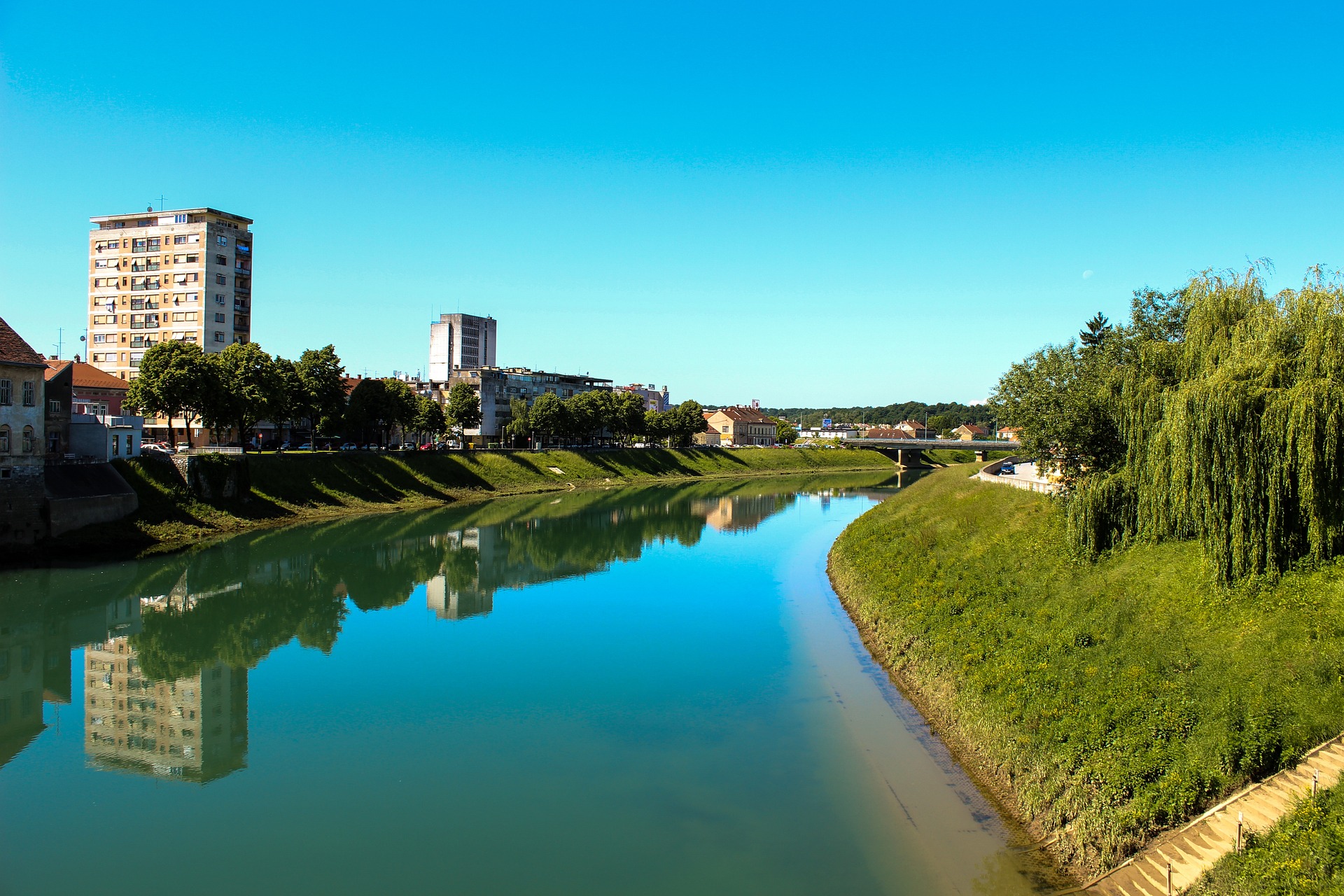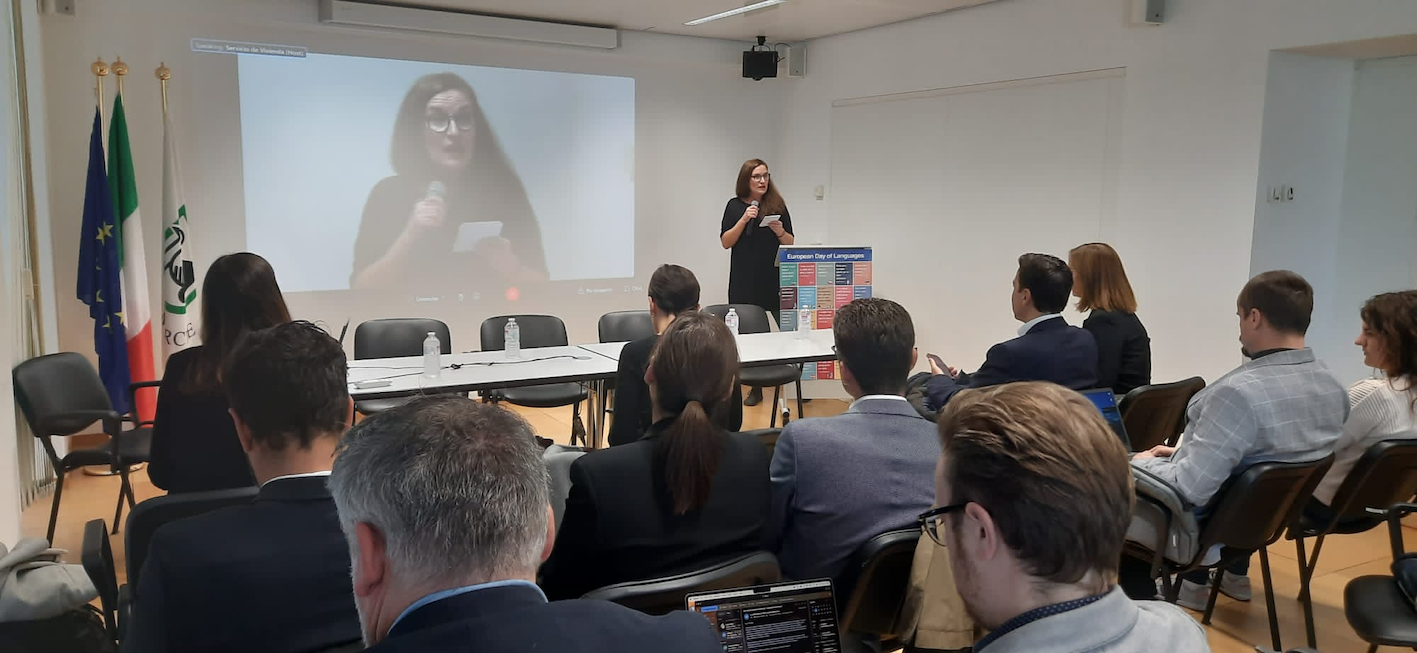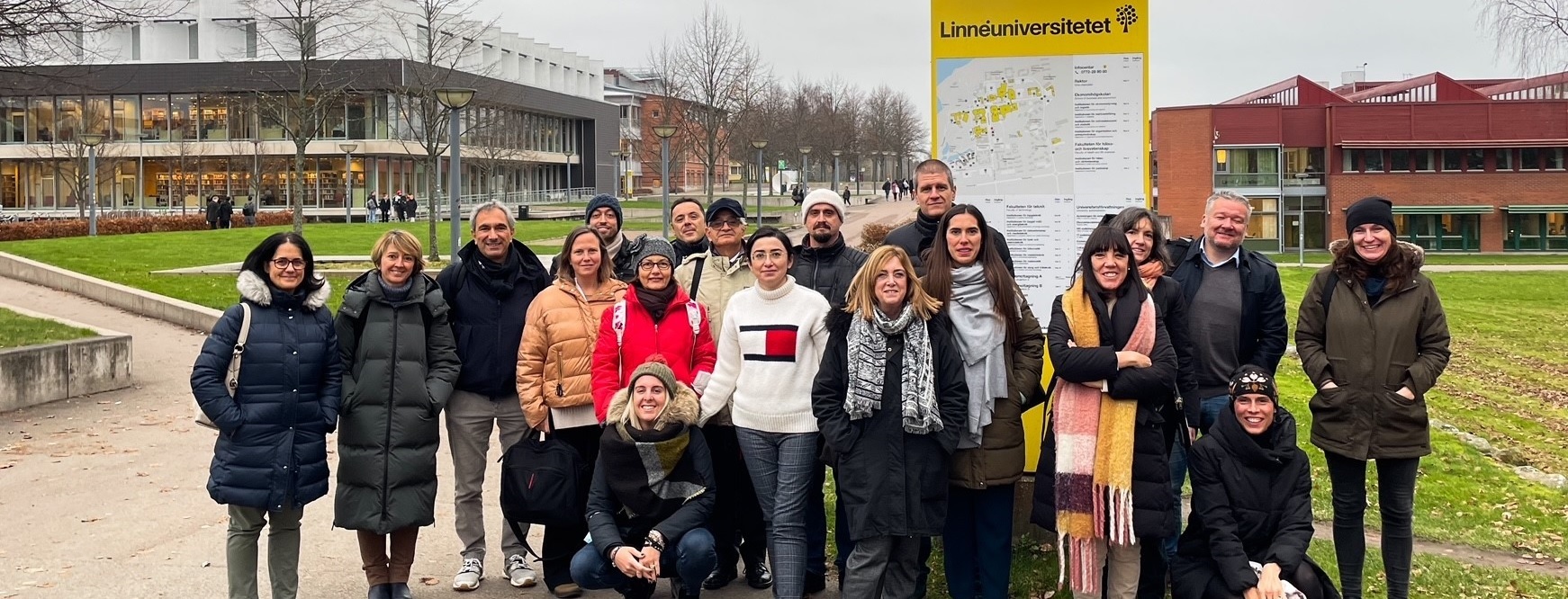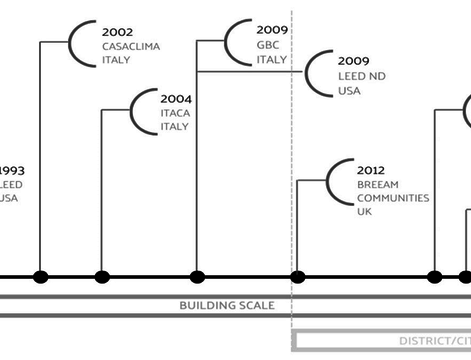Today we introduce the third project partner, Linnaeus University in Sweden. The university is located in the Småland area and has two campuses; one in Kalmar, the other in Växjö, where our partners from the Department of Forestry and Wood Technology are based. Their aim is to promote collaboration between academia and the private sector and to develop training programmes for specialists.
The topic of transition to a low carbon economy is well timed given Sweden's national energy and climate goals. Greenhouse gas emissions are expected to be 63% lower in 2030 compared to 1990 and energy use should be 50% more efficient by 2030 compared to 2005.
In addition, the topic is in line with regional strategies for Växjö municipality. Växjö is located in Kronoberg county, part of Småland. The municipality has a plan to be fossil fuel free by 2030.
In Sweden the transition to a low-carbon economy is not without complications. Among the biggest ones, according to our partner, is the lack of cooperation between academia and industry, high investment costs, complicated regulations, lack of information for beneficiaries and too much bureaucracy.
Växjö Municipality has several programmes and initiatives to support the transition to a low-carbon economy, such as the "Environment Programme of Växjö Municipality”. The programme focuses on waste management, consumption of environmental versus chemical materials, environmental inspection, water pollution, air pollution, access to parks and nature, climate issues, energy efficiency, and transport.
Therefore, Linnaeus University has set the creation of several training programmes for specialists as its main objective. In cooperation with Växjö municipality and industry sectors, they will engage in various projects to take advantage of new methods and models, thereby stimulating an information flow between academia and industry partners.
Our Swedish partner's key stakeholders include municipalities and construction companies. The aim of our Swedish partner is to encourage mutual cooperation, which had been successful in several projects in Växjö.
















